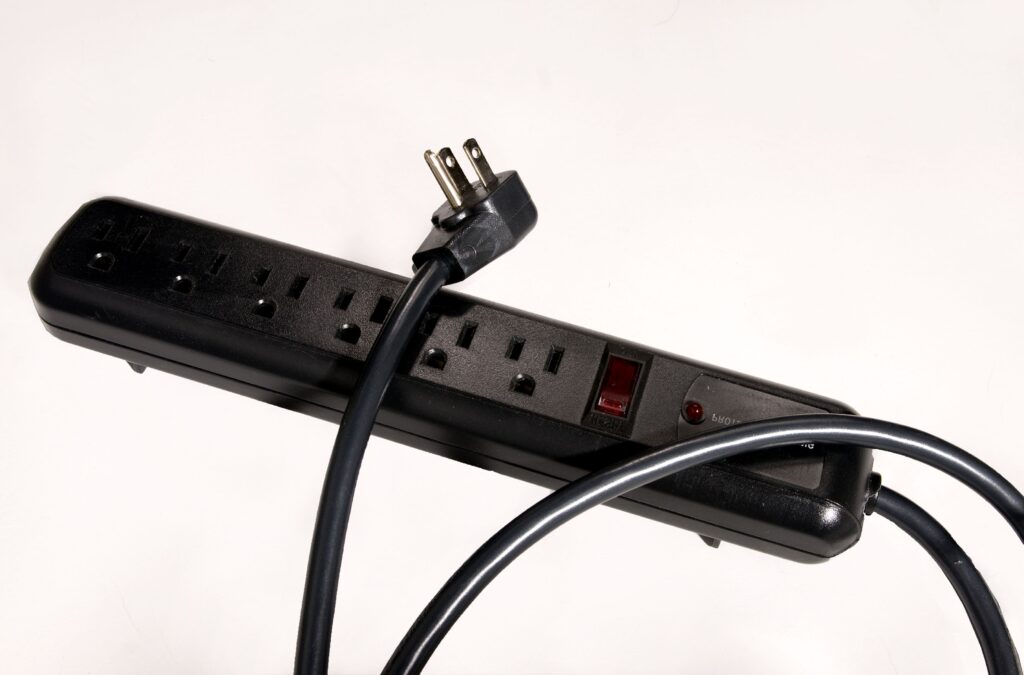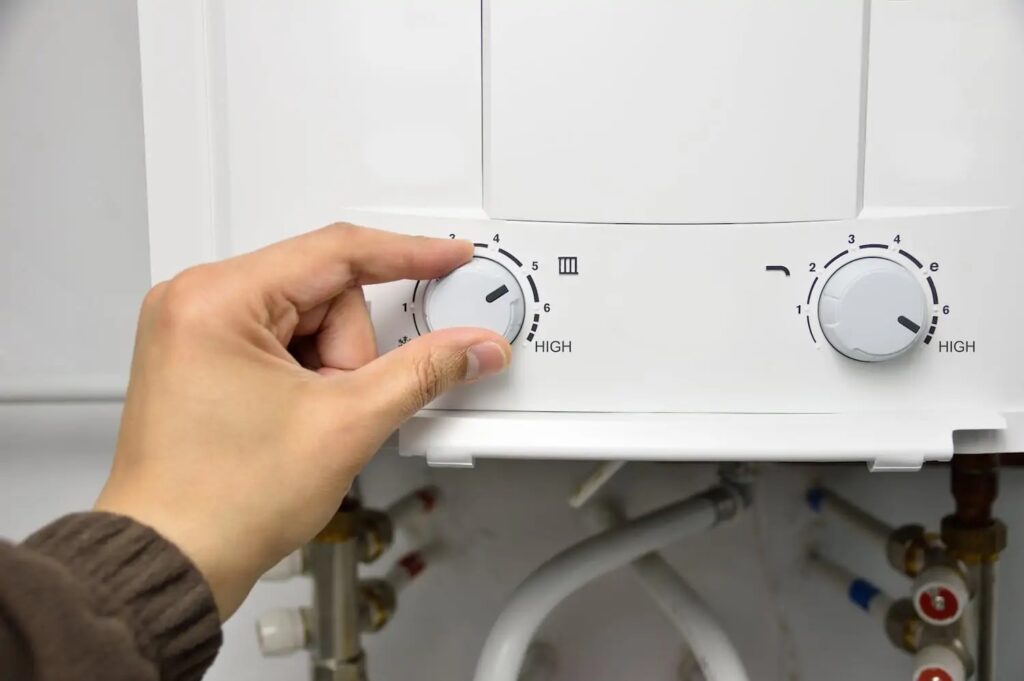
Clogged and slow drains are a nuisance that every homeowner faces at some point. Many people’s first thought is a liquid drain cleaner. After all, the commercials for these products often portray computer-generated images of foam shooting through pipes to bust away clogs in seconds. Unfortunately, these commercials often contain more fantasy than reality, and they fail to mention the genuine dangers of relying on liquid drain cleaners.
Liquid Drain Cleaners Are NOT Your Friend
Liquid drain cleaners may seem like a quick fix, but they contain harsh chemicals that can weaken your pipes and make them more prone to leaks or other damage. These potent cleaners are also bad news for your health. They’re extremely toxic if ingested, and they can burn your skin and eyes on contact. The fumes they produce are harmful as well and can cause explosions if misused. And if that’s not enough, liquid drain cleaners can also eat through clothing and leave permanent stains on your bathroom floor and fixtures.
Safe DIY Drain Maintenance
Instead of reaching for liquid drain cleaner when your pipes are slow, try these simple DIY methods to keep your drains flowing smoothly:
Flush drains with hot water: Heat a large pot of water to 140 degrees Fahrenheit – no more – and pour it down the problem drain. Doing this once a week can keep the pipe walls clear of solid fats.
Clean drains with baking soda and vinegar: Sprinkle a ½ cup of baking soda into your drain, then pour a ½ cup of vinegar into it. Plug the drain and leave it overnight. In the morning, flush it with hot water. Doing this monthly can help keep clogs from building up in your drains.
DIY Clog Clearing
If you already have a clog and the methods above don’t seem to have any effect, you may want to try to physically clear the clog yourself. Depending on the situation, you can try using a drain snake, a drain auger, or a cup plunger.
Drain snake or drain auger: Drain snakes and augers work the same way, but they are different sizes. Drain snakes are used to clear clogs in smaller drains, like a kitchen or bathroom sink. For larger drains, such as a toilet or shower, a drain auger is used. In both cases, you must feed the cable through the drain until it hooks onto the clog, allowing you to pull it out.
Cup plunger: Cup plungers are handy tools for clearing sink drains. Be sure to block the overflow opening before using the cup plunger, or it will prevent you from creating the suction needed to plunge the drain. Place the cup plunger fully over the drain and plunge up and down until you feel the clog break up – you’ll know because plunging will suddenly become easier.
Prevent Clogs Before They Happen
The best way to deal with a clog is to prevent it from ever happening in the first place. To keep clogs at bay, use your drains properly by not allowing any clog-causing material to go down them. You should never put the following things in your drains or flush them down your toilets:
- Stringy or fibrous foods – Properly dispose of corn husks, oranges, green bean shells, etc., in your trash or compost.
- Grease, fats, or oil – Pour them into a jar, a pie tin, tinfoil, or any other disposable container that can handle the heat and won’t leak. Once they solidify, throw them away.
- Eggshells – Although your garbage disposal can break them up, eggshell fragments can stick to your pipes and will join with other debris to create clogs.
- Starchy foods – Pasta, rice, potatoes, etc., expand when wet and can easily clog your pipes.
- Bones – Even if your garbage disposal can handle bones, the fragments will sit in your pipes and catch onto other solid items to create clogs.
- Coffee grounds – Coffee grounds do not break down in water and will clump together over time.
- Feminine products – Throw sanitary napkins and tampons in the garbage to protect your delicate pipes.
- Tissues and paper towels – Only toilet paper should go in your toilets.
- Baby wipes or wet wipes – Even “flushable” wipes are not actually flushable!
- Hair – We all lose hair as we bathe. Put a stopper in your shower or tub that can catch the hair before it goes into your drains.
Call In The Pros For Serious Clogs
To schedule professional drain cleaning services in Topsfield, Manchester-by-the-Sea, Burlington, and surrounding areas, please contact Cranney Home Services today at (978) 750-6900.






